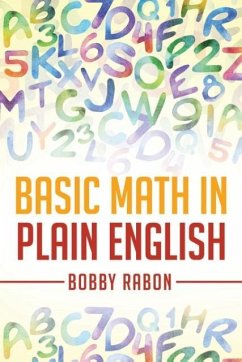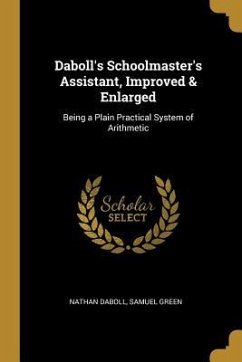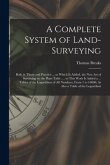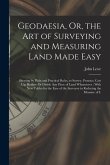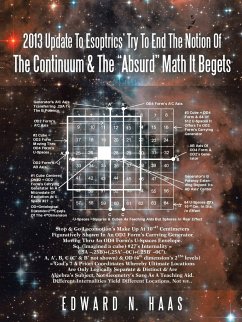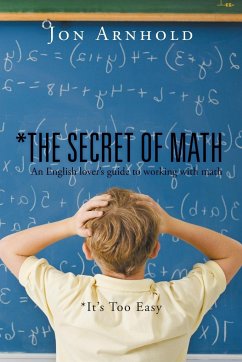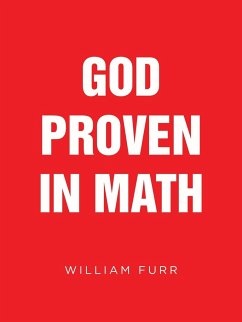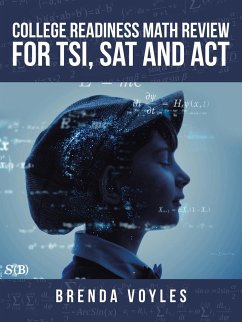Many, if not most, American high school students have a difficult time with mathematics. The question becomes why. When comparing the math abilities of incoming foreign-born students with native-born students, one apparent distinct difference was that the foreign-born students were becoming bilingual as they were studying math in school. The foreign-born students had to learn the alphabet to form words in English. Does mathematics have an alphabet, and if it does, how is it used to form mathematical sentences? Is there a correlation between the two because mathematics is considered to be the universal language? The germination of that idea is the rationale for this effort.

